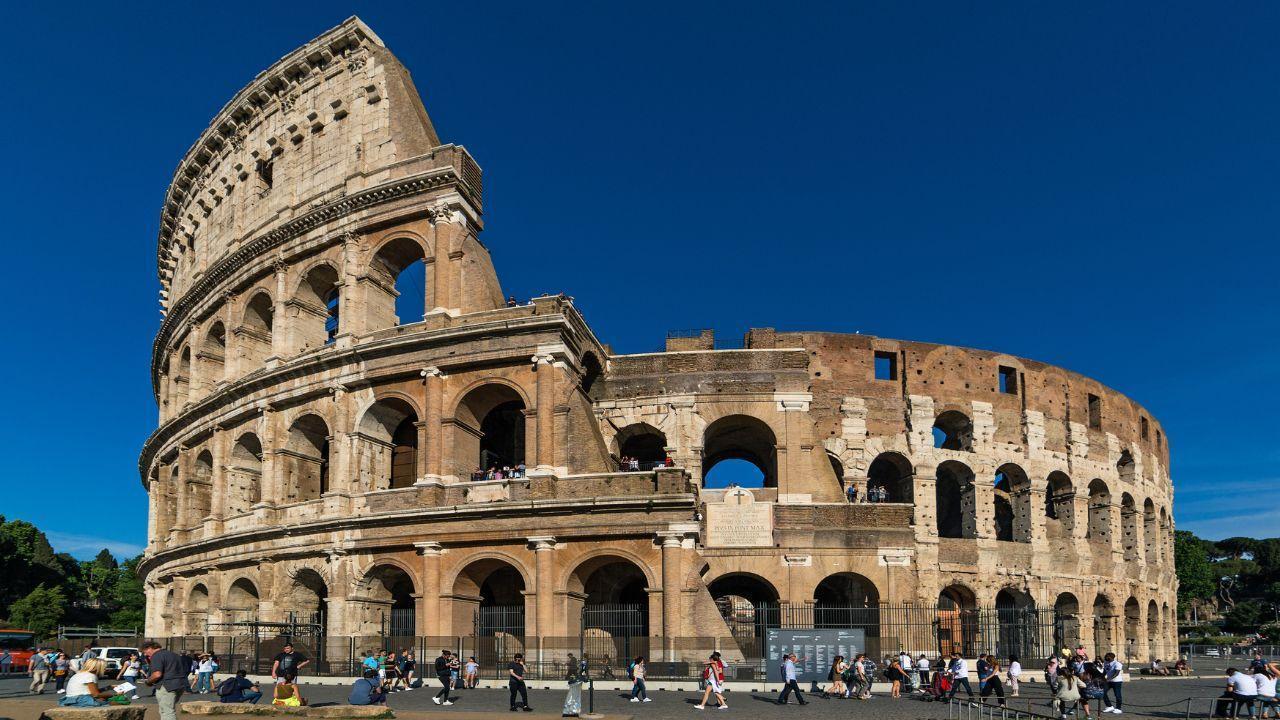
Post by: Elena Malik
India is a land of various cultures, religion, and food culture. While Indians are major non-veg food consumers in the entire world, there are some cities in the country where meat, fish, and eggs are banned. These restrictions have nothing to do with the food item; they're a reflection of the local culture, religion, and even environment. In this paper, we will discuss seven cities in India with non-vegetarian food bans, the reasons why these bans exist, and the impact they have on the local community.
Gandhinagar is the capital of Gujarat and is well known for its rich tradition of vegetarianism, which is also due to the Jain community. Jains believe in non-violence (ahimsa) and think that vegetarianism is a way to practice this principle. During the Paryushana festival, which is celebrated by Jains, there is a temporary ban on non-vegetarian food.
Impact: Ban has thoroughly changed the food culture in locals during festival times since most places have started selling only vegetarian eatables. Despite being a temporal affair, ban has become the means to develop consciousness about being more attentive about vegetarian food due to certain occasions in the calendar.
Haridwar is one of the sacred cities in India and one of the most sacred places for Hindus. The city does not allow non-vegetarian food, especially near sacred ghat areas like the Har Ki Pauri, mainly to maintain its purity and spiritual atmosphere, as many believe that non-vegetarian food is impure.
This rise of vegetarian restaurants in Haridwar has led to the overall ban. Many visitors and pilgrims also follow the diet because of this ban, connecting themselves with the spiritual essence of the city. There is also increased awareness towards eating food in more sustainable ways as well.
Varanasi is the spiritual heart of India and steeped in Hindu traditions. The idea of no nonglearious food being consumed in the precincts of temples and sacred centers is forbidden. In Hinduism, vegetarianism is regarded as the purest form of diet, as it is associated with the spiritual practices of the region.
Implications: Varanasi has finally become an ideal destination to relish a vegetable-based food in several restaurants which serve vegetarian as well as other plant-based dishes. Such a ban supports the city connecting itself with their religious roots better and promotes both local and visitor clean, and green food habit.
Non-vegetarian food is strictly prohibited in Palitana, which is a town famous for its Jain temples. The Jain people, who hold non-violence to be paramount, believe the consumption of meat, fish, or eggs kills other living things. The non-vegetarian food ban, therefore, fits into the promotion of peace and compassion in this city.
Impact: The ban has made Palitana a large destination for people who are making a spiritual connection through vegetarian food. Local business enterprises have readjusted according to the demand for vegetarian meals, and the city is now in a model for a compassionate diet. Tourism based on vegetarianism has also increased.
Dharamsala is known as the seat of Tibetan Buddhism and Dalai Lama. The city follows vegetarianism, which is one of the traditional practices of Buddhists. The non-vegetarian food ban is not followed strictly in the city, but there is still a preference for plant-based diets.
Impact: Vegetarianism has been booming in Dharamsala, especially where Tibetan Buddhists and spiritual travelers go. The restaurants have caught on to the trend and served vegetarian food; therefore, food culture in this city reflects a peaceful and humane society, similar to the preaching of Buddhism.
Rishikesh is often called the world's yoga capital. Millions of yoga enthusiasts and spiritual seekers throng this place every year. The city has banned non-vegetarian food to preserve its pious atmosphere. Yoga teaches one to be pure, peaceful, and be in harmony with nature, so vegetarian food is more suitable.
Impact: This ban has now made the city of Rishikesh synonymous with vegetarian food. The vegetarian food chains now abound, especially restaurants offering more plant-based diets for health-conscious tourists and residents. This is a great reason for shaping this city into being a center of yoga and meditation, focusing more on being more mindful and conscious of one's consumption.
The place Puri is home to the famous Jagannath Temple. The non-vegetarian food cannot be taken by anyone within a certain limit of the temple. The prohibition has been an important part of religious practices in the temple since not eating non-vegetarian food helps maintain the purity and sacredness of the temple and its ceremonies.
Impact: Non-vegetarian food bans are helping the popularization of vegetarian food items at Puri and all other eateries. For example, Puri offers a lot of snacks as well as complete meals to clients who look for vegetarian options. This has focused on making it more spiritual; in that context, it ties in well with the religion by allowing a bonding sense between local residents and people visiting this town.
The reasons for the prohibition of non-vegetarian food in these cities are highly interwoven with cultural, religious, and environmental reasons.
Religious Beliefs: Most of the cities banning non-vegetarian food are religious communities where people follow a vegetarian diet for spiritual purposes. Jainism, Buddhism, and Hinduism in places like Palitana, Haridwar, and Varanasi emphasize non-violence and believe that vegetarianism is a more aligned and pure diet.
Spiritual Purity: Some cities, like Rishikesh, Dharamsala, and Varanasi, are considered spiritually significant, and vegetarian food is a way to maintain that spiritual cleanliness. Non-vegetarian food can be cumbersome and divert one's mind from thinking about enlightenment or peace.
Cultural Tradition: In a city like Gandhinagar, Palitana, traditionally, people have been vegetarian. They have learned these traditions down the ages and hold them close to their hearts as a part of the identity of the city. Non-vegetarian food being banned will keep up these cultural traditions for the next generation.
Environmental Sustainability: Sometimes, the ban is also environmental. Cutting down on meat saves resources, reduces carbon footprints, and leads to a more earth-friendly lifestyle. This is particularly so in places like Rishikesh and Dharamsala, where being earth-friendly goes hand-in-hand with being spiritually aware.
Public Health and Safety: The other health-related benfit that the ban can bring is about the safety and cleanliness of the handling of meat. Cities that are particularly known for religious tourism face a concern on public health and safety during events when large gatherings have extended periods of non-vegetarian food consumption.
India, a country with rich cultural diversity, is home to cities where non-vegetarian food is banned. These bans are based on religious, cultural, and environmental reasons. Cities like Gandhinagar, Haridwar, Varanasi, Palitana, Dharamsala, Rishikesh, and Puri have imposed these restrictions, with a focus on promoting vegetarianism and spiritual purity. In many of these places, the ban aligns with religious practices, such as Jainism and Hinduism, where non-violence and respect for life are core values. The bans also promote sustainable living and spiritual harmony. As a result, the food culture in these cities has shifted, with vegetarian food becoming the norm.
The views and opinions expressed in this article are solely for informational purposes. DXB News Network does not endorse any particular viewpoint and encourages readers to form their own opinions based on diverse perspectives. Always seek professional advice when considering lifestyle changes, including dietary habits.
#trending #latest #NonVegetarianBan #VegetarianCulture #SpiritualCities #IndianFoodTraditions #ReligiousDiet #Vegetarianism #CulturalHeritage #SustainableLiving #IndianCuisine #PurityInFood #Ahimsa #EcoFriendlyDiet #FoodRestrictions #HealthyLiving #IndianCities #breakingnews #worldnews #headlines #topstories #globalUpdate #dxbnewsnetwork #dxbnews #dxbdnn #dxbnewsnetworkdnn #bestnewschanneldubai #bestnewschannelUAE #bestnewschannelabudhabi #bestnewschannelajman #bestnewschannelofdubai #popularnewschanneldubai

Ishraq Hospitality and Samco Holding announce two new hotel projects in Cairo’s New Administrative Capital, marking a significant step in Egypt’s hospitality...Read More.

RTA introduces Route E308 between Dubai and Sharjah, with fare at AED 12, and enhances several other bus routes for smoother more efficient travel starting May2...Read More.














Etihad Airways Expands Fleet with New Airbus A321LR Aircraft
Etihad Airways launches Airbus A321LR with luxury features, expanding fleet to meet travel demand. N

Liverpool Win Premier League After 5-1 Victory Over Tottenham
Liverpool clinch Premier League title with a 5-1 win over Tottenham at Anfield, as Mohamed Salah end

Driver Crashes Into Crowd at Vancouver’s Lapu-Lapu Festival
A driver crashed into festival goers at Vancouver’s Lapu-Lapu Festival. The police have arrested the

Explosion at Iran's Rajaei Port: 8 Dead, 750 Injured
A deadly explosion at Rajaei Port in Bandar Abbas, Iran, has left 8 people dead and 750 injured. Fir

Massive Explosion At Iran's Shahid Rajaee Port Injures 500
Over 500 people were injured in a large explosion at Iran’s Shahid Rajaee port. Several containers e